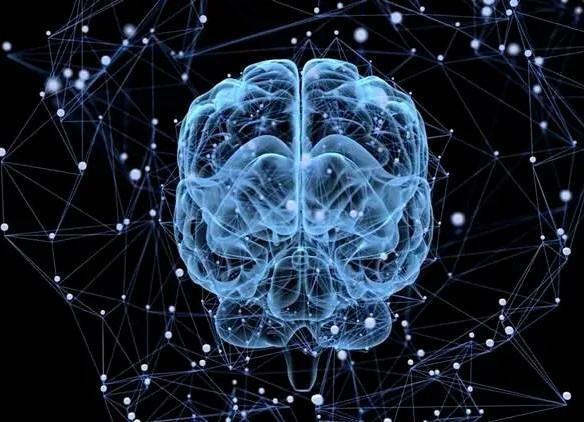
Human Brain Contains a Spoon’s Worth of Microplastics: Study
In a shocking revelation, a recent study has found that the human brain contains approximately a spoon’s worth of microplastics and nanoplastics. This alarming discovery has sparked concerns about the potential impact of microplastics on human health, particularly in individuals with dementia.
The study, published in the journal Environmental Science & Technology, analyzed brain samples from 47 individuals, including those with and without dementia. Researchers from the University of Exeter and the University of California, Santa Barbara, used a combination of techniques, including spectroscopy and microscopy, to detect and quantify microplastics and nanoplastics in the brain tissue.
The study found that the brains of all participants contained microplastics, with an average concentration of 16 micrograms per gram of brain tissue. This translates to around a spoonful of microplastics in a typical adult brain. The researchers also discovered that the concentration of microplastics was significantly higher in the brains of individuals with dementia, with an average concentration of 35 micrograms per gram.
But what’s even more concerning is the type of microplastics found in the brain tissue. The study identified that particles smaller than 200 nanometers, predominantly composed of polyethylene, were notably deposited in cerebrovascular walls and immune cells. This raises questions about the potential mechanisms by which microplastics can enter the brain and cause harm.
Microplastics are tiny plastic particles less than 5 millimeters in size that are generated by the breakdown of larger plastic items, such as plastic bags, water bottles, and microbeads. These tiny particles are everywhere, from our water and food to our air and soil. While microplastics have been widely studied in the environment, this is the first study to investigate their presence in the human brain.
The researchers believe that microplastics may be entering the brain through various routes, including:
- Inhalation: Microplastics can be inhaled through the air, and then swallowed or deposited in the lungs, where they can be absorbed into the bloodstream and transported to the brain.
- Ingestion: Microplastics can be ingested through contaminated food and water, and then absorbed into the bloodstream, where they can be transported to the brain.
- Direct injection: Microplastics may also be directly injected into the brain through various mechanisms, such as surgical procedures or traumatic brain injuries.
The study’s lead author, Dr. Erik Zuidweg, warned that the presence of microplastics in the brain could have significant implications for human health. “Our findings suggest that microplastics may be a previously unknown risk factor for dementia and other neurodegenerative diseases,” he said.
The researchers are calling for further studies to investigate the potential mechanisms by which microplastics enter the brain and cause harm. They are also urging governments and policymakers to take action to reduce the release of microplastics into the environment and to improve waste management practices.
In the meantime, individuals can take steps to reduce their exposure to microplastics by:
- Avoiding single-use plastics: Refuse single-use plastics, such as plastic bags, straws, and water bottles, and opt for reusable alternatives instead.
- Choosing sustainable products: Choose products with minimal packaging or those that use biodegradable materials.
- Filtering water: Use water filters to remove microplastics from drinking water.
- Eating a balanced diet: Focus on a balanced diet that includes plenty of fruits, vegetables, and whole grains, which can help reduce exposure to microplastics in food.
As the world grapples with the consequences of microplastic pollution, this study serves as a stark reminder of the urgent need for action. By reducing our use of plastic and increasing our awareness of the potential risks, we can work towards a safer, healthier future for ourselves and future generations.






